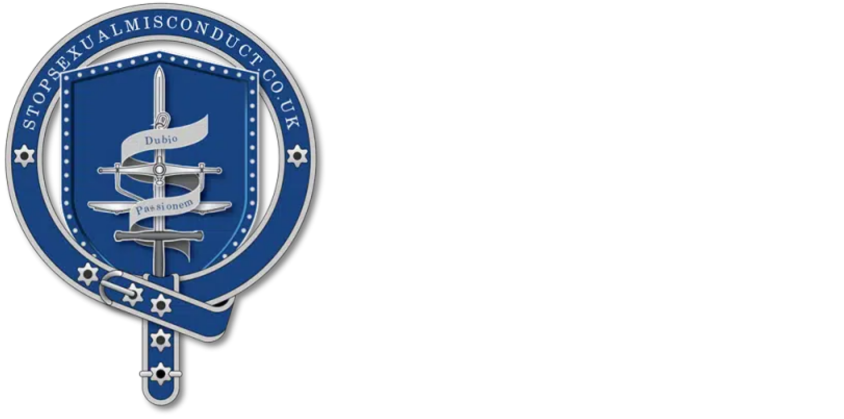 Add My Company
Add My Company

Students should be able to participate in all activities connected with schools, colleges, and universities whether for learning, residential, leisure or social purposes, without fear of being subjected to sexual harassment, violence, or abuse.
Unfortunately, sexual harassment and violence still interfere with the education of too many students:
1 in 9 female students and 1 in 36 male students report experiencing dating violence in the past year alone.
In a recent survey more than 23% of female undergraduate students reported sexual assault or misconduct and 11.7% of all students reported experiencing non-consensual sexual contact.
1 in 10 female graduate students at major research universities report being sexually harassed by a faculty member. Often working alone, supervised by only one professor, graduate students are uniquely vulnerable to sexual assault.
These experiences seriously affect their ability to focus on academic goals and can diminish equal access to educational opportunities. But educational institutions frequently fail to accurately report the sexual harassment or assault that is occurring.
Tackling sexual misconduct in schools, colleges, and universities
sexualmisconduct.co.uk goal is to advice schools, colleges, and universities to ‘act to prevent harassment and sexual misconduct and respond effectively if incidents do occur.’
As part of our wider work on harassment and sexual misconduct, we are often asked to undertake an evaluation on student guidelines and set out our recommendations for preventing and addressing harassment and sexual misconduct affecting students in education.
The prevalence of sexual misconduct is difficult to calculate accurately. These are often hidden crimes or incidents: victim-survivors frequently face barriers to disclosing their experiences to any third party or reporting them to the police or other authority. In education contexts, social and institutional pressures may discourage students from making incidents known and seeking to have them addressed. Many still lack information about what to do if an incident occurs, fear that they won’t be taken seriously, or find reporting it a stressful experience with an unsatisfactory outcome.
Common reasons for not disclosing were believing that no action would be taken, perceiving the issue as not sufficiently serious, not knowing who to tell, or fearing they would themselves be blamed.
The most common reason for not reporting was uncertainty over whether the behaviour was sufficiently serious to warrant reporting.
The impact on students
Being subjected to sexual misconduct can have a significant detrimental effect on a student’s health, including their mental wellbeing, and on their sense of belonging at university or college. Some victim-survivors, because of the abuse, change their behaviours and lifestyles in ways that lead to hypervigilance, restricted freedom, and isolation. One study found that some students who had experienced harassment or sexual misconduct avoided certain places or routes and going outside at night. The study also found that many of these students avoided leaving their homes, where possible. This experience was particularly common among international students and female students.
The negative and sometimes long-lasting mental health effects of being subjected to domestic or sexual violence and abuse are well documented. Mental ill health was a common consequence of female students’ experiences of violence, stalking and sexual assault, with students commonly reporting living in fear and with reduced levels of confidence.
The background to change
A need for cultural change in higher education and accelerated progress in this area. This has occurred against a backdrop of high-profile national and international social movements.
A group developed from what is thought to be the first UK university conference on staff-to-student sexual harassment, held in 2015. In the same year a taskforce was established to examine evidence about violence against women, harassment and hate crime in general. The ‘strategic framework’ contains the following ‘strategic pillars’ to underpin cultural change in the higher education sector:
a key role to be taken by the university’s senior leadership team.
the importance of a holistic institution-wide approach.
development of effective preventative strategies.
development of effective responsive strategies.
sharing good practice within institutions and with the sector at large.
Conclusion
There has recently been a greater focus on the prevalence and impact of sexual misconduct in higher education, with the publication of relevant research and personal testimonies shared online. Sexual misconduct should never be part of students’ higher education experience, but many are still being subjected to it during their time at university or college. Full-time students are more likely to have experienced sexual assault than people in any other occupation grouping. The impact of this can be devastating, including mental ill health, disrupted study and some students leaving higher education altogether.
More detailed guidance
If the information has not answered all your questions about how to manage sexual harassment, then please feel free to contact us.
For more information on Sexual misconduct in Schools, Colleges, and Universities talk to Stop Sexual Misconduct
